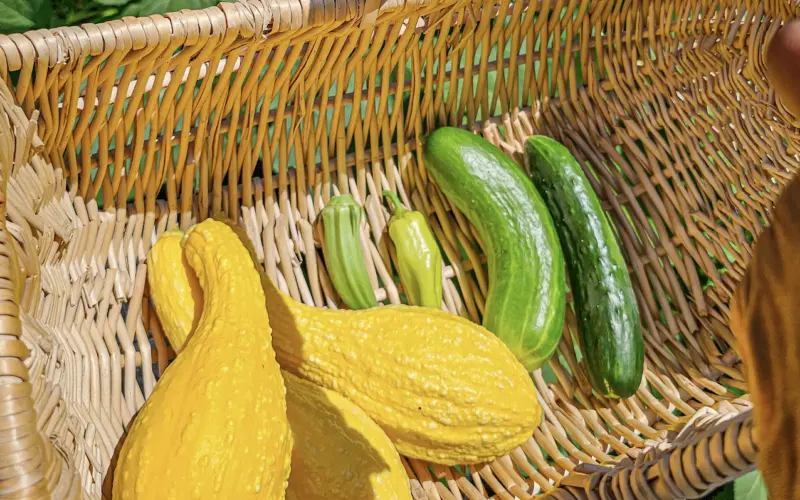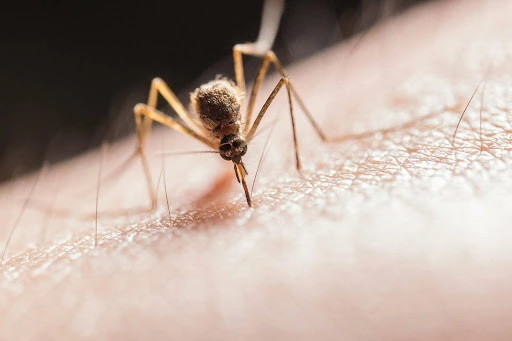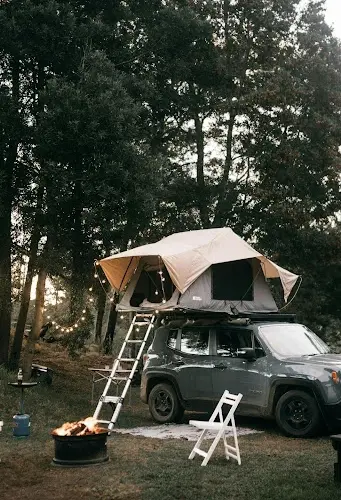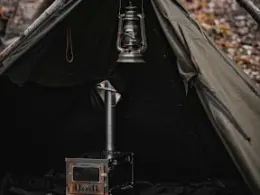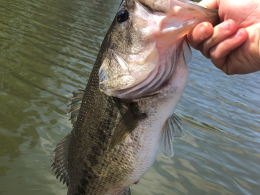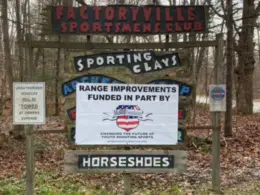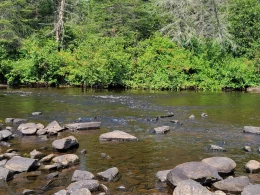In a world where convenience often trumps sustainability, the concept of self-sufficiency is gaining renewed interest. With the inflating economy paired with the pandemic, people are getting back to basics. Self-sufficiency is about being able to meet your own needs, reducing dependence on external systems, and fostering a more sustainable lifestyle. Whether it’s growing your own food, preserving your harvest, or learning to hunt, these skills empower individuals and families to thrive independently.
Developing self-sufficiency skills is not only practical but also deeply rewarding. It connects us to our roots, enhances our understanding of nature, and promotes a healthier and more resilient way of living. By cultivating these skills, we can ensure a steady supply of food, maintain a more sustainable household, and pass on valuable knowledge to future generations.
Skill 1: Food Preservation
Why It’s Important
Food preservation is a crucial skill for anyone aiming to achieve self-sufficiency. By ensuring a year-round food supply, it allows families to enjoy their harvest long after the growing season has ended. Preserving food also reduces waste and can significantly cut down on grocery bills, making it both an economical and environmentally friendly practice. I try to follow the annual method. The goal is to preserve enough of this year’s harvest to last until next year’s harvest. With a family of 7, creating an urban homestead on half an acre is a challenge but a great goal to shoot for.
Methods of Food Preservation
There are several effective methods for preserving food, each with its own set of benefits and processes. Canning is one of the most popular methods, involving the use of heat to seal food in jars, which kills bacteria and prevents spoilage. Dehydrating removes moisture from fruits, vegetables, and meats, thereby inhibiting the growth of microorganisms and extending the food’s shelf life. Freezing is a straightforward method that preserves food by slowing down the enzyme growth that causes spoilage, though it requires proper packaging to prevent freezer burn. Fermenting involves using natural bacteria to convert sugars into acids, which act as preservatives and add beneficial probiotics to the food.
Tips for Beginners
For those new to food preservation, starting with the right equipment is essential. Basic tools like canning jars, a pressure canner, dehydrator, and freezer-safe containers are fundamental. Fortunately, most items are easily available. Safety is paramount in food preservation to prevent spoilage and contamination. Following proper guidelines, such as using sterilized jars for canning and blanching vegetables before freezing, ensures that preserved food remains safe and nutritious. With these tips and methods, beginners can confidently begin their journey towards a more self-sufficient lifestyle.
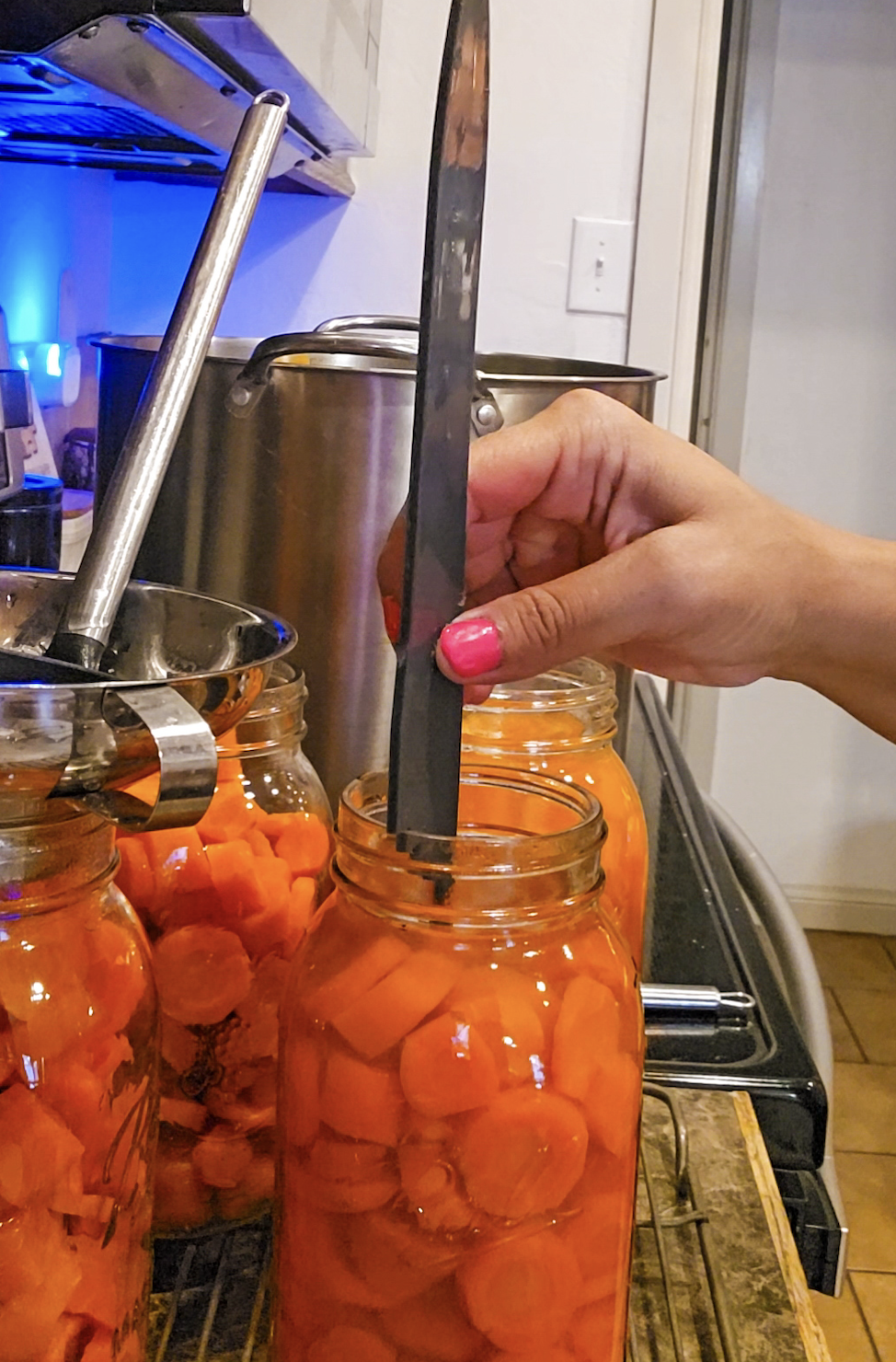
Hunting
Why It’s Important
Hunting is a vital skill for those pursuing self-sufficiency, providing a source of high-quality, natural protein that is often more sustainable and ethical than commercially farmed meat. This is another alternative for people who can’t raise livestock. You can fill your freezer with a variety of protein. Beyond the nutritional benefits, hunting continues to foster a deep connection to nature and enhances our understanding of wildlife and ecosystems. It encourages conservation efforts and a respect for the natural world, reinforcing the importance of responsible stewardship. The further away from the grocery store you get, the further into the wood you travel; we might as well understand the interworking of the ecosystems and animal behavior.
Basic Hunting Skills
Developing basic hunting skills is essential for success and safety in the field. Tracking and Stalking are fundamental techniques that involve identifying animal signs and moving stealthily to approach game without detection. Proficiency in Using Hunting Tools, such as bows and rifles, is crucial, requiring knowledge of their operation, maintenance, and appropriate use for different types of game. Field Dressing is the process of efficiently processing game in the field to preserve meat quality and prevent spoilage, ensuring that nothing goes to waste. This skill will also translate to processing livestock.
Getting Started
For those new to hunting, finding local hunting courses and mentors can provide invaluable guidance and hands-on experience. Understanding Hunting Regulations is critical to ensure legal and ethical practices, which vary by region and species. Ethical hunting practices, such as fair chase principles and sustainable harvest limits, promote the health of wildlife populations and maintain the hunting tradition. Pairing the right skills, knowledge, and respect for wildgame, hunting can be a rewarding and sustainable way to obtain food.
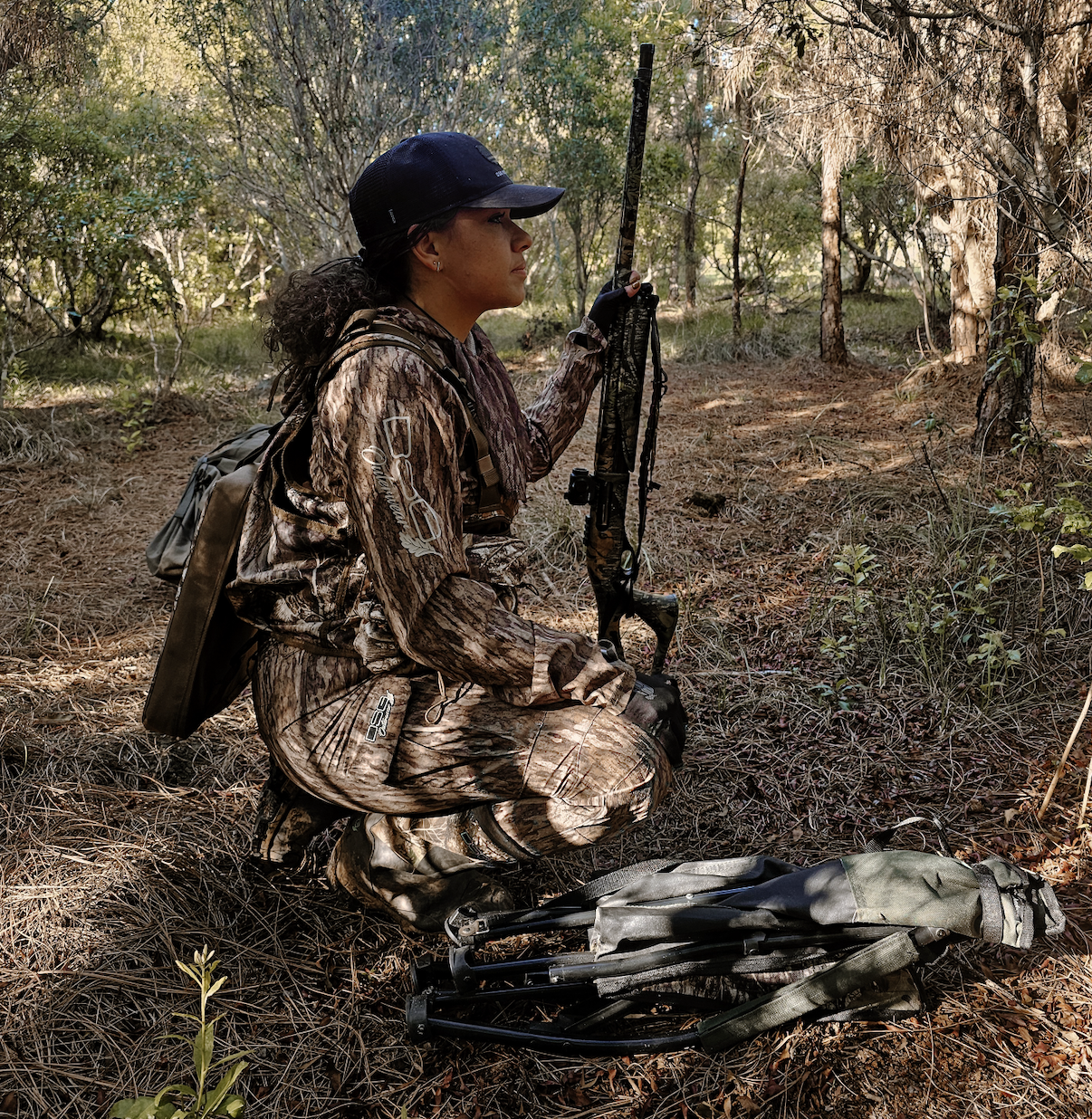
Gardening
Why It’s Important
Gardening is a cornerstone of self-sufficiency, providing access to fresh, homegrown produce that is often more nutritious and flavorful than store-bought alternatives. It promotes sustainability by reducing the carbon footprint associated with transporting food from farm to table.
Starting Your Garden
Getting started with gardening involves thoughtful planning and preparation. Planning is crucial for success, including choosing the right location with sufficient sunlight and selecting crops suited to your climate and soil type. Soil Preparation involves amending soil with organic matter to create an optimal environment for plant growth. Once the soil is ready, Planting and Maintenance come into play. This includes proper planting techniques, regular watering schedules, and effective pest control methods to ensure a healthy garden.
Advanced Techniques
For those looking to enhance their gardening skills, advanced techniques can significantly improve yield and efficiency. Companion Planting involves strategically planting certain crops together to enhance growth, repel pests, and improve soil health. Crop Rotation is important so you can maintain soil nutrition and prevent disease and pest infestations. You can achieve this by rotating crops in different garden areas each season. Season Extension methods, such as using greenhouses, allow gardeners to extend the growing season, providing fresh produce even in colder months. These techniques not only maximize garden productivity but also contribute to a more sustainable and self-sufficient lifestyle.
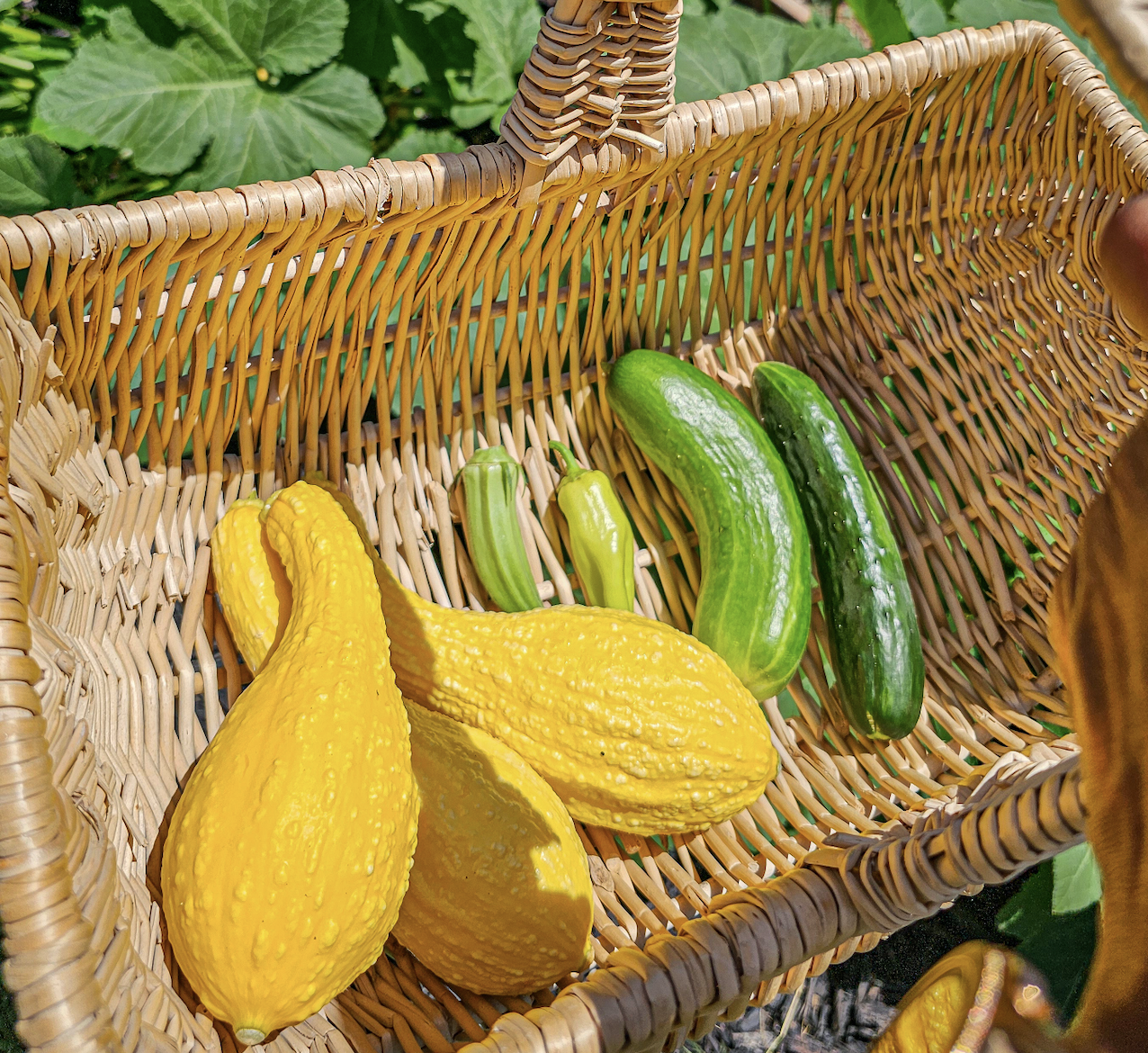
Foraging
Why It’s Important
Foraging is an essential skill for self-sufficiency, allowing individuals to supplement their diet with wild edibles found in their local environment. It fosters a deeper understanding of local ecosystems, promoting a connection to nature and an appreciation for the natural resources available. Foraging also provides access to a variety of nutritious foods that are often overlooked in conventional diets.
Basic Foraging Skills
Mastering basic foraging skills is crucial for both safety and success. Identification is the first step, involving the recognition of safe and edible plants while distinguishing them from toxic look-alikes. Accurate identification skills are critical to avoid potential health risks. Harvesting should be done sustainably and ethically, ensuring that plants are collected in a way that does not deplete local populations and that their habitats are preserved. After harvesting, Preparation is key to making the most of foraged foods, whether through cooking, drying, or other preservation methods, to enjoy their flavors and nutritional benefits throughout the year.
Safety and Resources
Safety is paramount when foraging. Knowing how to avoid toxic plants is essential, and using recommended Field Guides can help with accurate plant identification. Joining local Foraging Groups can provide valuable knowledge and support, offering practical advice and shared experiences from more seasoned foragers. These resources ensure that foraging is conducted safely and responsibly, contributing to a sustainable and self-sufficient lifestyle.
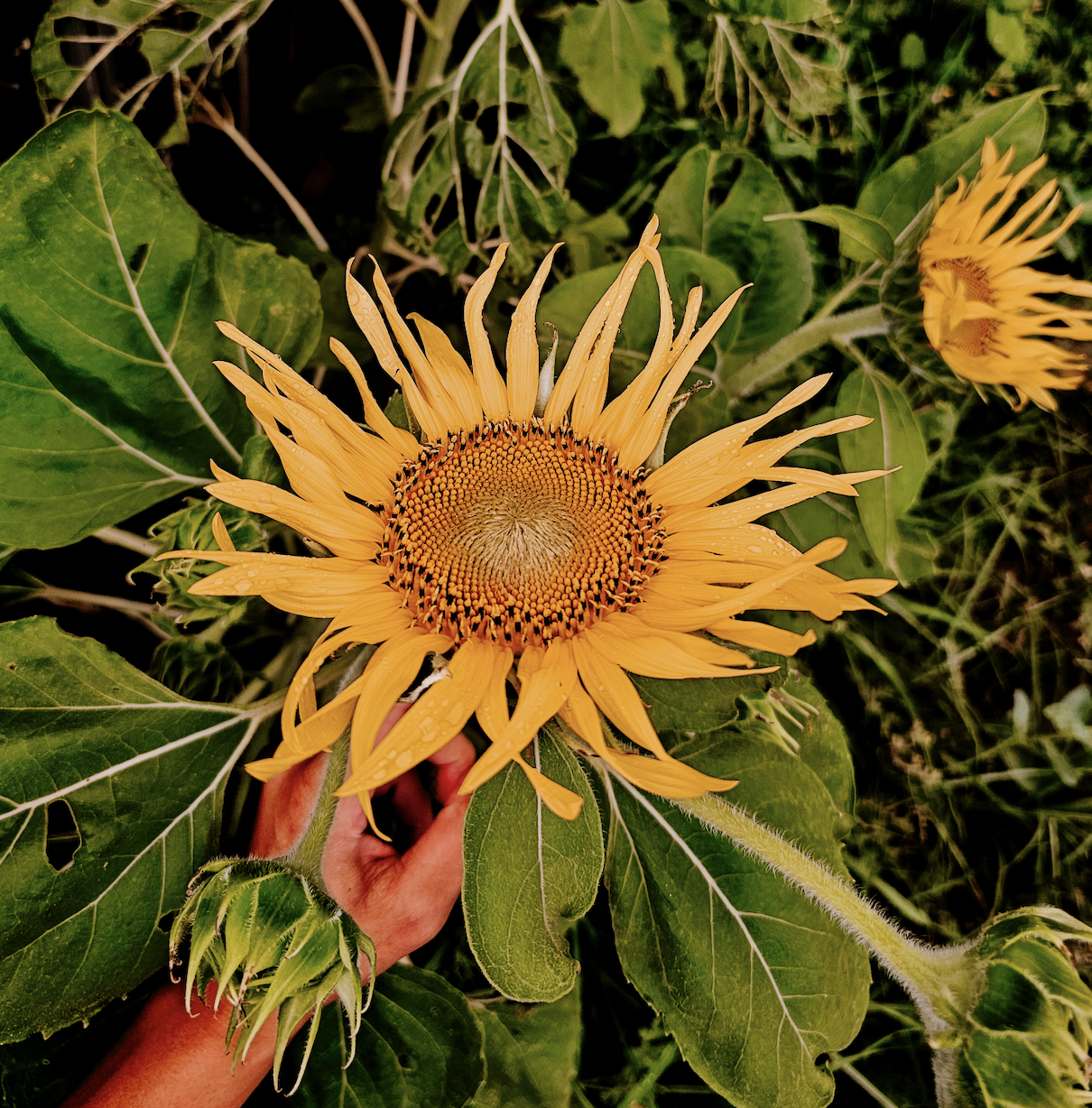
Homesteading Skills
Why It’s Important
Homesteading skills are fundamental for creating a resilient and sustainable lifestyle. They enable individuals to reduce their reliance on external systems, such as commercial food production and energy supplies, fostering greater self-sufficiency and environmental stewardship. By mastering these skills, homesteaders can significantly lower their ecological footprint while enhancing their quality of life.
Basic Homesteading Skills
A variety of essential skills are necessary for successful homesteading. Raising livestock like chickens and goats, providing a steady supply of eggs, milk, and meat, as well as contributing to the farm’s natural fertilization. DIY Projects are another cornerstone, encompassing the ability to build, maintain, and repair tools, structures, and infrastructure, which reduces costs and increases self-reliance. Additionally, integrating Renewable Energy sources such as solar panels and wind turbines can help homesteaders achieve energy independence and reduce their carbon footprint.
Learning and Community
The journey to self-sufficiency through homesteading is ongoing, requiring continuous learning and adaptation to new challenges. Finding and engaging with local Homesteading Communities provides invaluable support, resources, and knowledge-sharing opportunities. These communities often offer workshops, mentorship, and a sense of camaraderie that can be crucial for both novice and experienced homesteaders. By staying informed and connected, homesteaders can keep evolving their practices, ensuring long-term sustainability and success. Social media has opened the door for people to not only connect but also share their experiences, knowledge, and skills from afar.
Starting small and building these skills over time is a manageable and rewarding journey. Each step taken towards self-sufficiency, whether it’s learning to can fruits, tracking game, planting a garden, identifying wild edibles, or raising livestock, contributes to a more sustainable and self-reliant way of life.
The benefits of a self-sufficient lifestyle extend beyond the individual to the broader community. It encourages a culture of sharing knowledge, supporting local homesteaders, and building stronger, more resilient communities. By investing in these skills, we not only enhance our own well-being but also contribute to a healthier and more sustainable world for future generations.

